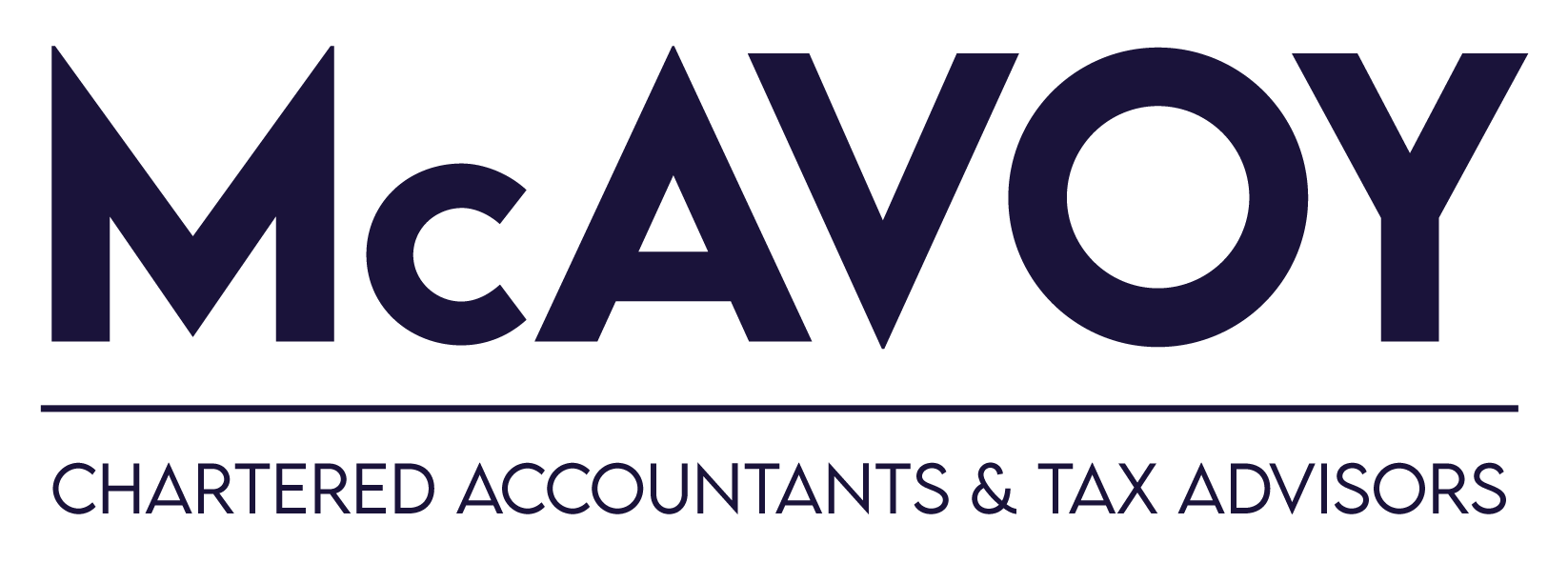A major focus of last December’s Finance Act 2019 was the new, improved and expanded Employment Investment Incentive [EII] and Start-up Capital Incentive [SCI] schemes. These offer investors in qualifying SMEs immediate tax relief at the marginal income tax rate of 40%, these schemes are some of the few ways clients can reduce a high income tax bill without being forced to lock money away in a pension pot.
Before Budget 2020, tax relief for investments in an EII or SCI scheme was split. Thirty-fortieths of the relief was available in the first year of investment. The remaining ten-fortieths could only be claimed in the fourth year of the investment. Obtaining the second stage of the tax relief depended on the investee company meeting certain trading and employment conditions. Moreover, the maximum annual investment in EII schemes was capped at €150,000 per person. This limited a taxpayer’s income tax deduction in the first year of investment to a maximum of €45,000 (or thirty-fortieths of €150,000 at 40% income tax).
From October 2019, full tax relief for EII and SCI investments at the taxpayer’s marginal rate is now given in the year of investment. From January 2020, the maximum deduction for one year’s investment has jumped from €150,000 to €250,000. For a top rate taxpayer, this will produce a reduction of €100,000 in his or her income tax bill.
For investors with a more long-term view of investment, the EII scheme offers even more opportunities for relief. By agreeing to invest for 10 years, a taxpayer can reduce his or her income tax bill by up to €200,000 by investing up to €500,000. Any unused relief can be carried forward against future years indefinitely until the investment is used in full.
EII is available for investors who make qualifying investments in both micro-enterprises and small enterprises. Small enterprises have fewer than 50 employees and a balance sheet value or turnover of less than €10 million. Micro-enterprises on the other hand include companies with fewer than 10 employees and a turnover or balance sheet value that does not exceed €2 million. SCI is available for micro-enterprise investors.
It is important to keep in mind that if the company that issues shares to the investor does not continue to meet the requirements laid down in the legislation for the EII and SCI schemes, there will be a claw back of the relief granted during the investment period (either 4 or 10 years following the investment). If the claw back occurs, investors will need to repay the underpaid tax to Revenue with interest for late payment.
EII and SCI are two ways of maximizing your tax savings. Making a contribution to your pension is an alternative way to reduce your income tax bill. Consider reading our article linked below.
If you are interested in how you can invest in an SCI or EII or would like to know more about the schemes and the tax relief available, please contact us.

